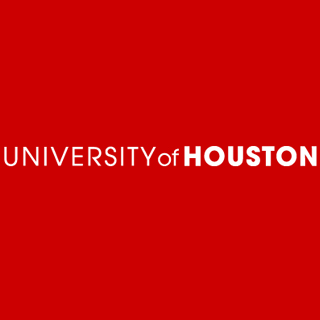
Obesity is believed to be a risk factor in other common cancers, including colorectal cancer and breast cancer in post-menopausal women. However, the relationship between body size and prostate cancer risk appears to have not been completely understood.
Apparently, excess fat is associated with several conditions which contribute to cancer development including low-grade chronic inflammation, insulin resistance, metabolic abnormalities, and hormone imbalances. These conditions may in turn contribute to more aggressive prostate malignancies.
For the purpose of the study, lead author, Brenda Hernandez, Ph.D., M.P.H, an assistant professor at the University of Hawaii at Manoa’s Cancer Research Center of Hawaii along with his colleagues examined the relationship in a multiethnic population. The population was noted to consist of blacks, Japanese, Hispanics, native Hawaiians and whites.
Further, they compared dissimilarities among age groups with the help of the Multiethnic Cohort, a longitudinal study of men from 45-75 years of age established in Hawaii and California from the year 1993 to 1996.
The results revealed that out of the 83,879 men who participated in the study, approximately 5,554 seemed to have developed prostate cancer. Dr. Hernandez claimed that in general, men who were overweight or obese by age 21 appear to have less chances of localized and low-grade prostate cancer.
The findings of the study suggested that being obese in older adulthood seems to have been associated with increased prostate cancer risk among white and Native Hawaiian men. However, there appears to be a decreased risk among Japanese men.
Furthermore, excessive weight gain between younger and older adulthood was observed to increase the likelihood of advanced and high-grade prostate cancers in white men. Also, it seems to increase the risk of localized and low-grade disease in black men. However it seems to have decreased the risk of localized prostate cancer in Japanese men.
Dr. Hernandez said that, “The relationship of certain characteristics, such as body size, with cancer risk may vary across ethnic groups due to the combined influence of both genes and lifestyle.”
Ethnic differences in cancer risk may be elucidated by differences in the distribution of stored body fat which could have a differential effect on the development of prostate cancer. For instance, Asian men and women tend to accumulate more fat in their upper bodies and less fat in their lower bodies including legs and buttocks in contrast to whites. These differences in the distribution of body fat may perhaps influence the definite way in which excess fat influences cancer risk.
Elizabeth A. Platz, Sc.D., M.P.H., associated professor of epidemiology at the Johns Hopkins Bloomberg School of Public Health, Baltimore, and an editorial board member for Cancer Epidemiology, Biomarkers & Prevention, emphasized as a strong point of this study, in spite of its inconsistency across racial or ethnic groups mainly since this study appears to have been conducted prospectively. Also, it comprised large numbers of men in most of the ethnic groups which were studied.
It was estimated that approximately 30 percent of prostate cancer cases occurred among Japanese men whereas 25 percent among white men. Additionally, about 27 percent seemed to arise amongst Hispanic men, 13 percent among black men, and nearly 7 percent among Native Hawaiian men.
Dr. Hernandez was of the opinion that their findings do not guarantee a change in public health messages about obesity. Allegedly, these health messages state that all men of normal weight should be encouraged to avoid weight gain and those who are overweight should be encouraged to lose weight in order to achieve good health.
The findings of the study have been published in the journal, Cancer Epidemiology, Biomarkers and Prevention.
